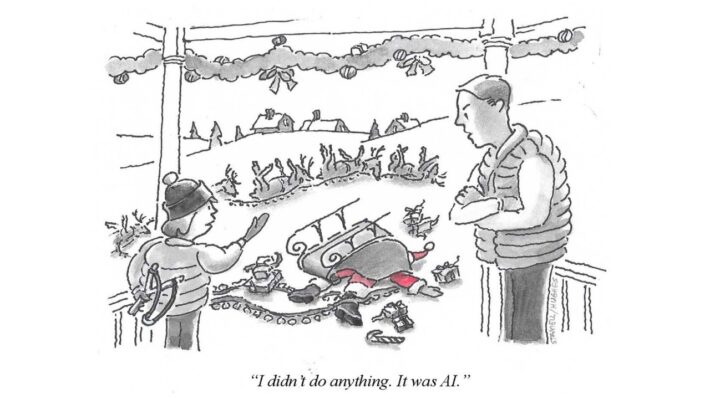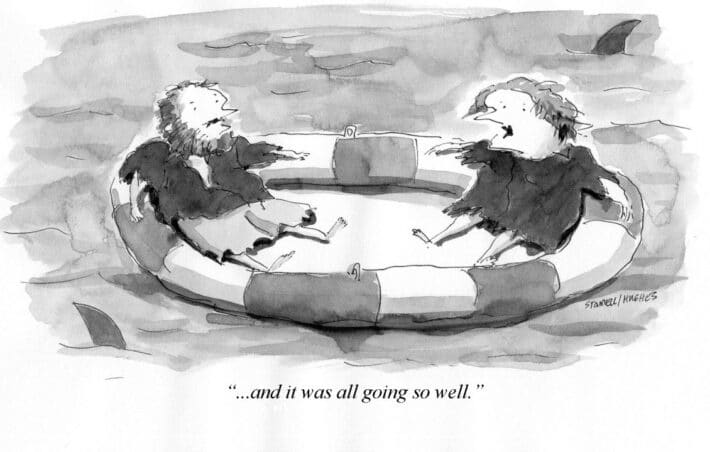What’s wrong with parties and candidates?
I know…plenty. But, that being said, there is something they do over and over again and neglect something very easy and meaningful to voters, and it’s something that most people in business would never put aside.
I’m a member of one party. I won’t say which one because it’s not important. Both parties and their candidates make the same mistakes. For the past six months, I’ve been receiving emails and letters from candidates, national politicians, former presidents, former first ladies, former cabinet officers, interest groups and the parties themselves. They all ask for one thing: money.
Yes, we have a political system that, sadly is driven by money. But, at the same time, they never ask for the one thing that would be truly meaningful to me, the one thing that would tell me that they care, that they’re interested, that they know they work for voters and not contributors. And, it’s so so easy. All they have to do is ask for my opinion and those of all their constituents.
Of course, there are those surveys that provide a long list of concerns, ask you to select yours and once submitted, immediately go to a fund raising appeal. They often end with an admonishment telling me if I really care, if I really want change, I’ll give money.
Now, I know there are millions of people who make political donations. I’ve done so, myself. Years ago, I gave a large donation to a candidate. It was large enough to expect that I’d receive a letter of thanks and might be asked for my opinion. What did I get? No letter of thanks but I did get an email asking me for more money and the rate of increase in fund raising email ramped up quickly until I began to delete them.
When I speak to friends about this, they all share my frustration and I suspect millions of people across the country, including those who contribute, would say the same. Money driving the system is part of the problem but when you combine that with the capabilities of Big Data, it turns into an abrasive epidemic that is alienating a lot of people.
What’s odd is that while we can analyze multiple sources of data to a point where we know what room of their house they’re in and what’s on the TV, we still don’t know what frustrates or motivates them. Big Data, for all its value, is a point in time, a rear view mirror when analyzed. While we can apply all kinds of regression analysis to project and prescribe, we still don’t know anything about the future. This applies to politics because the appeal is still hit or miss and to many, highly offensive.
I’m biased because I own a company that merges market research, with CRM and email marketing. But we, and we’re not the only ones, can analyze conversational text so we can ask people open-ended questions about their fears, motivations and perceptions. We can append, segment and communicate based on those factors but we can also simply tell clients what their customers and constituents are thinking about the future. That capability is not that unusual any more. So why don’t politicians, their parties and special interests do the same? Is it because they’re still Luddites? Or is it that they just don’t care?
We’ll get through this election season, breathe a sigh of relief that it’s over, take down the road signs and see the fund raising emails diminish (but they won’t disappear). We’ll get a breather for another year until things ramp up again. And so it goes. What do you think? Will they ever learn to ask people for opinions? It might make a difference in who wins and how they govern.
Oomiji acquires, engages and retains customers and constituents through the merging of native research, CRM and email marketing on one integrated platform.



